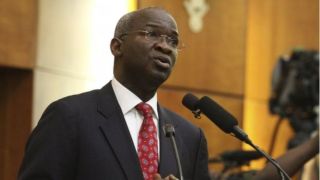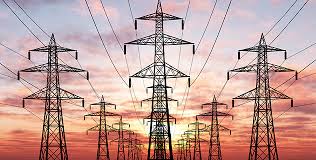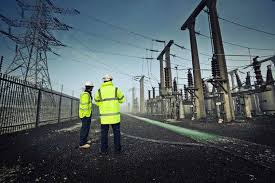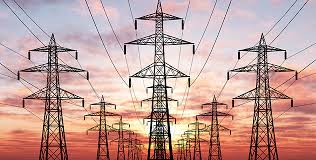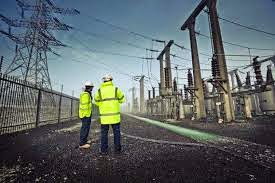Minister of Power, Works and Housing, Mr. Babatunde Fashola, is meeting with the management of distribution companies, DISCOs, today with a view to acquainting himself with them and also intimate them about his expectations from them on the way forward.
The meeting, which will hold in the minister’s office this afternoon comes ahead of a scheduled meeting between the power industry regulator, Nigerian Electricity Regulatory Commission, NERC and the DISCOs, to discuss the contentious issue of tariff.
